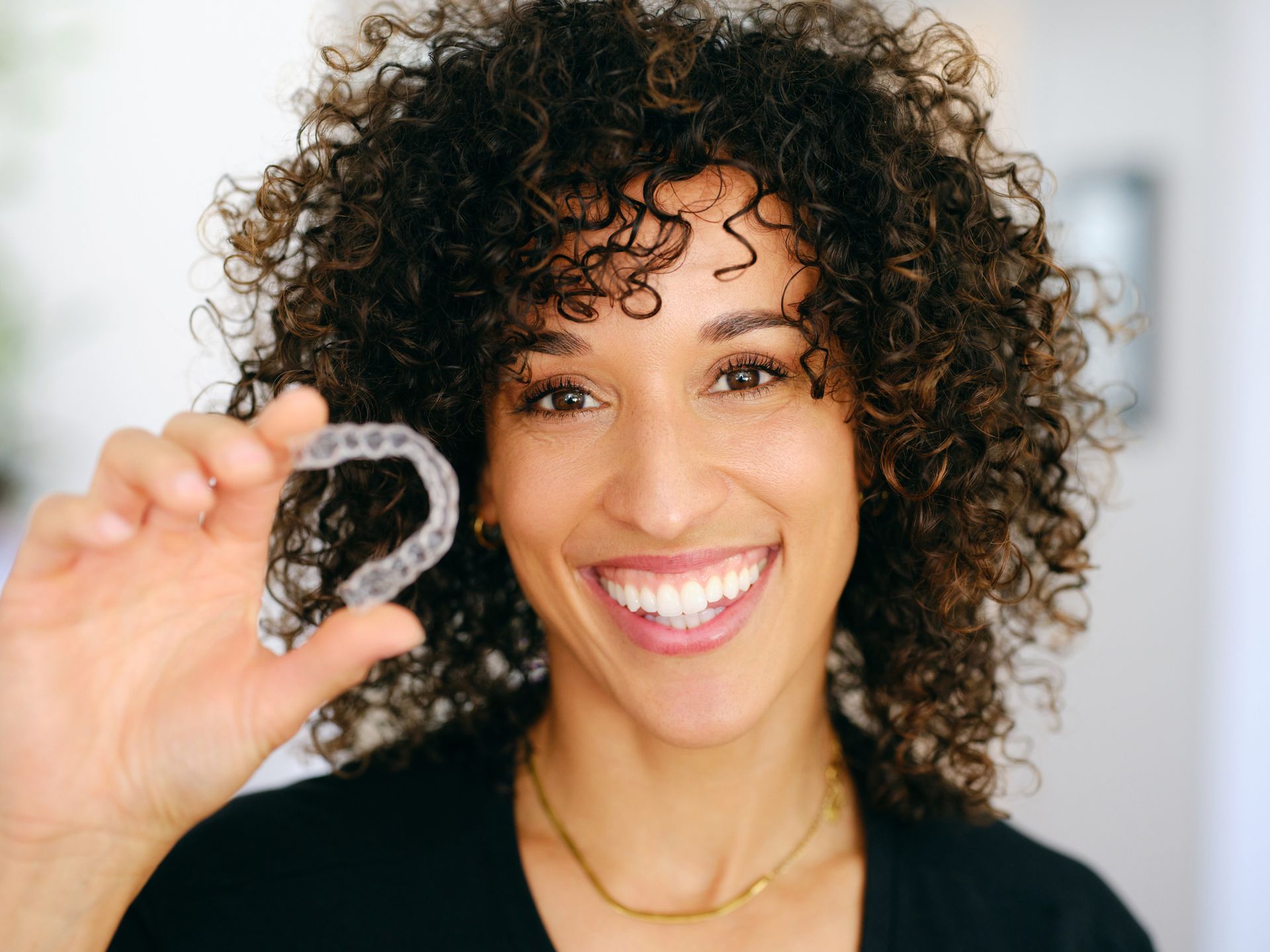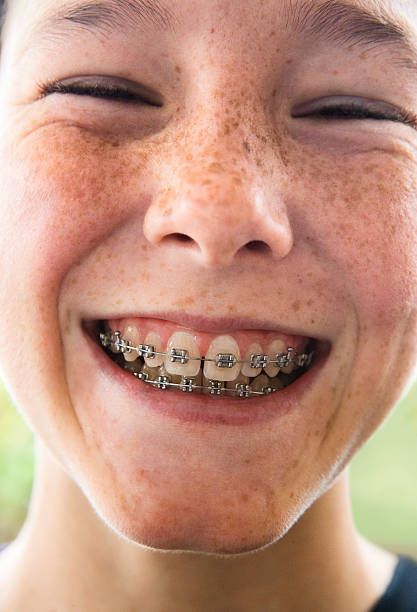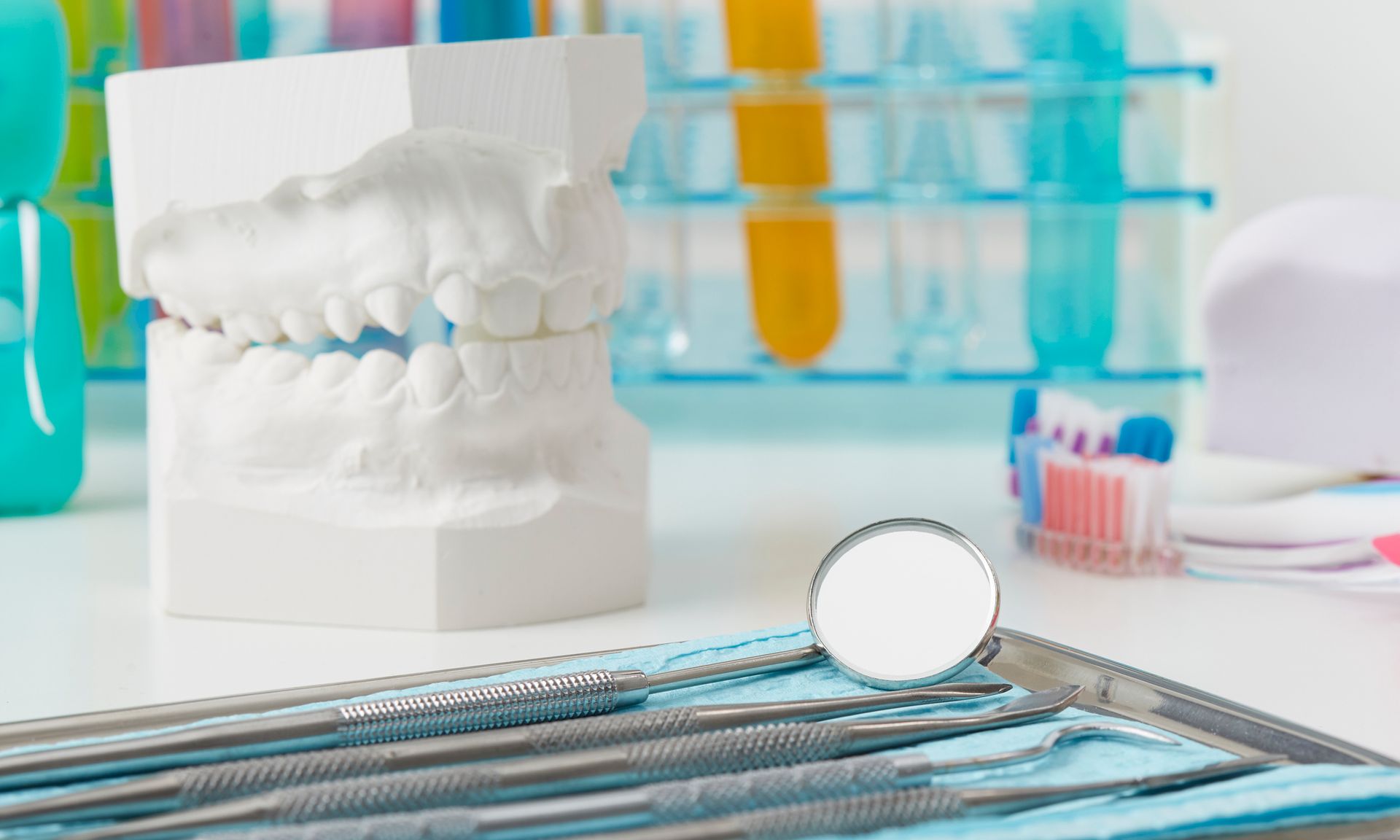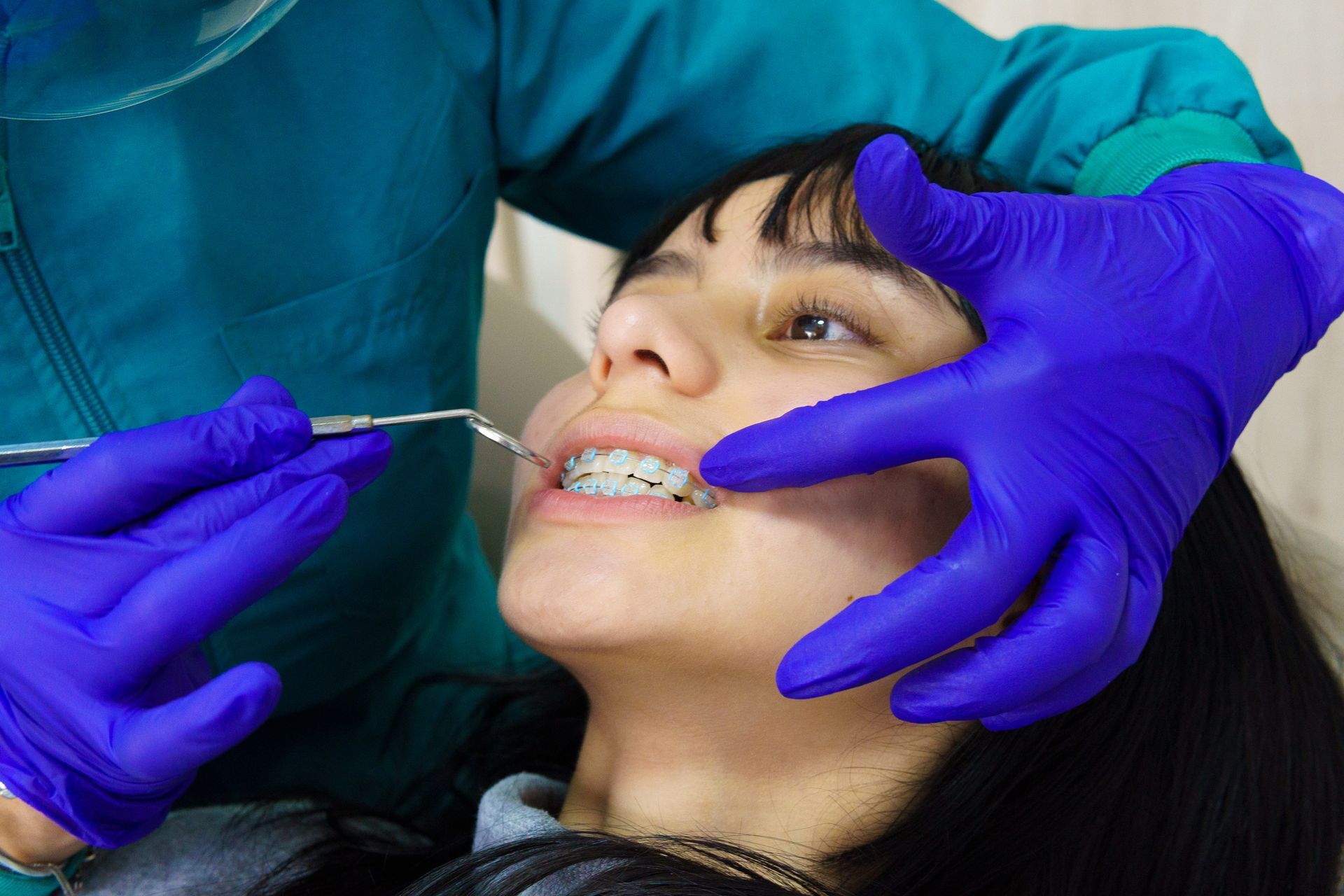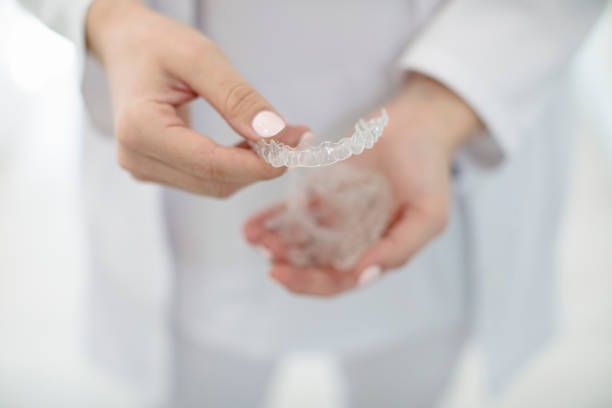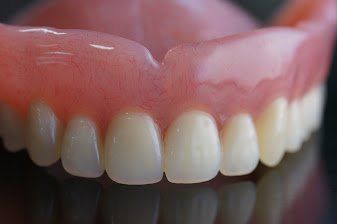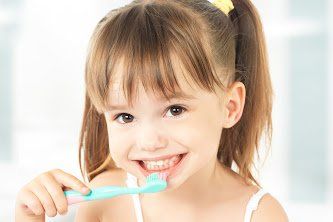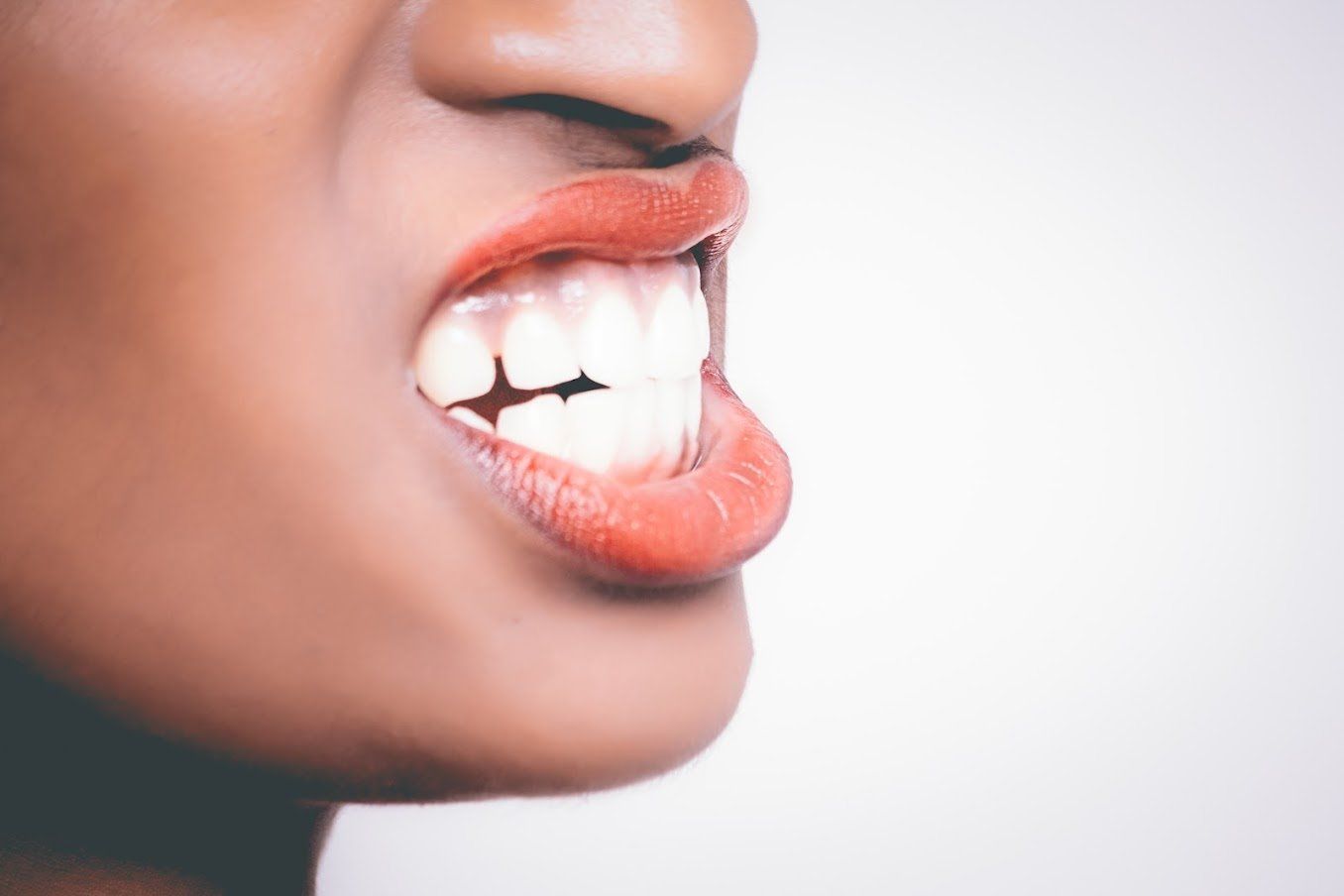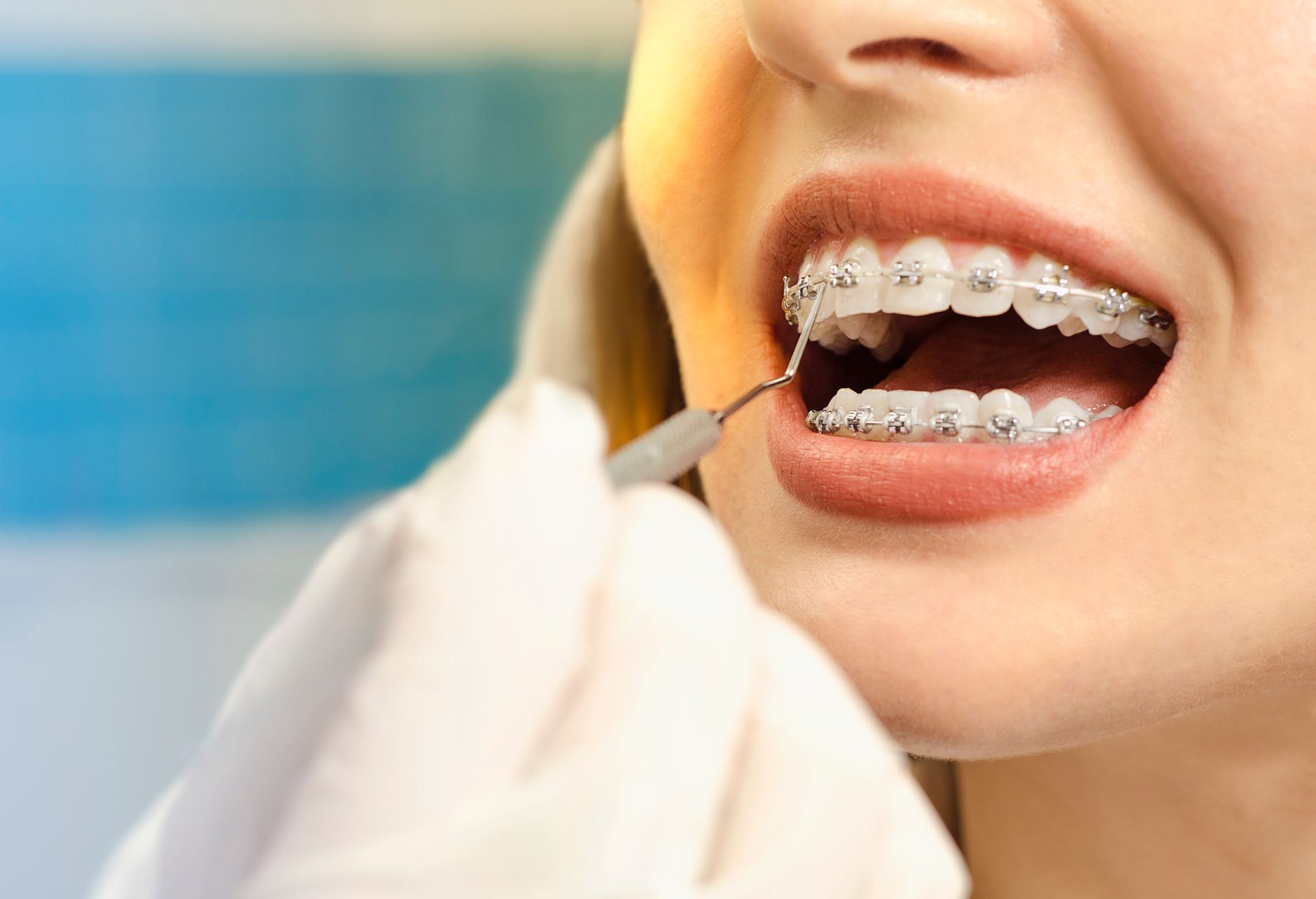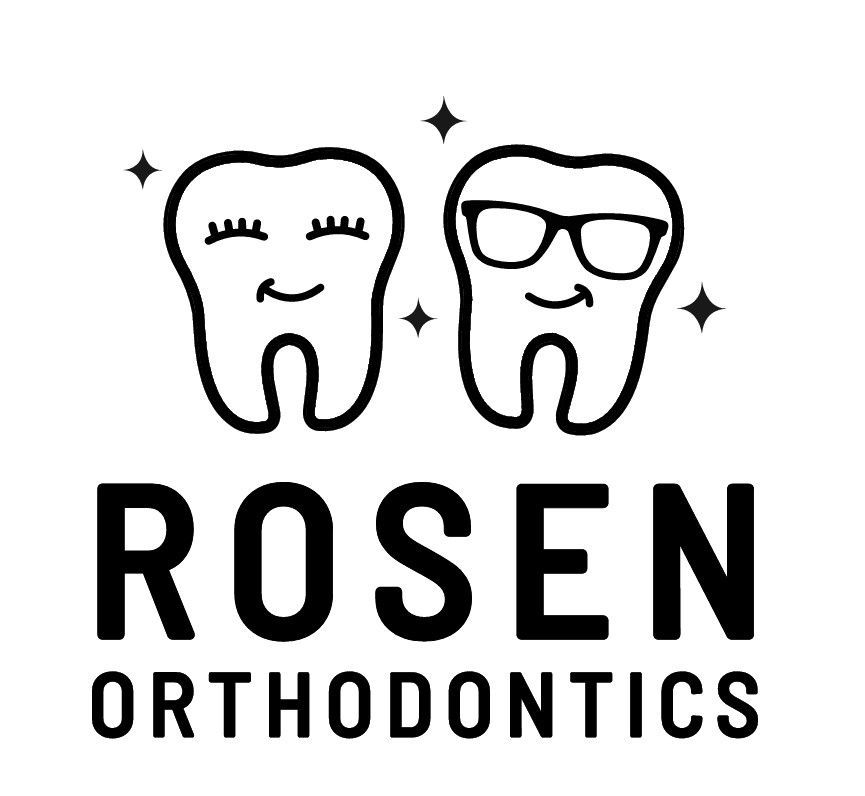4 Benefits of Early Orthodontics for Kids

When you think of orthodontics, you probably think that it’s for teenagers and some adults, but even kids can benefit from early orthodontic treatment! Naturally, every child is different, so your child’s orthodontist will create a personalized plan, but in most cases, starting orthodontic treatment early offers many benefits. In fact, the American Association of Orthodontists recommends children be seen and screened by an orthodontist at the age of 7.To learn more, keep reading about four benefits of early orthodontic treatment!
How Does Invisalign Work?
- Creates More Space for Non-Erupted Teeth
In many cases, there simply isn’t enough room in the mouth for all your child’s teeth to sit comfortably. If this is the case for your child, a palatal expander may be recommended. As a child, your upper jaw consists of two halves, but by puberty, they fuse into one bone. For this reason, before the bones have fused, a palatal expander can gently apply pressure on the jaw to widen it.As a result, there is more room in your child’s mouth for future teeth to erupt, reducing the risk of overcrowding. This type of early procedure may also be recommended if your child has a crossbite. With a healthy bite, the upper teeth sit so they stick out a little past the bottom teeth. With a crossbite, the bottom jaw is wider than the top, causing the bottom teeth to stick out past the top teeth. A palatal expander fixes this by expanding the upper jaw.
2. Corrects Malocclusion
Crossbite is one type of malocclusion, but early orthodontia can fix a wide variety of misaligned bites, including underbites and deep overbites. Normally, the front teeth stick out a little, creating a slight overbite. However, a large overbite occurs when the bottom tooth sits well behind the front teeth. In some cases, the bottom tooth may start to penetrate the upper gums. An underbite occurs when your child’s lower front teeth protrude past the upper teeth.Another common type of malocclusion is protruding upper teeth. When the front teeth on the upper jaw stick out too much, the lip may not be to fully protect it, which increases the risk of chipping. Other types of malocclusion include open bite and teeth spacing. Because your child’s jaw is still developing, it may be easier or more effective to fix malocclusions early.
3. Builds Straight Paths for Permanent Teeth
Baby teeth serve an important role in your child’s permanent teeth. They save space for permanent teeth. For this reason, some dentists even recommend space maintainers if your child loses a baby tooth early. If there are missing teeth or the teeth are misaligned, permanent teeth face a few complications – if there is no tooth, the permanent tooth doesn’t know where to grow, increasing the risk of it growing in crooked.Similarly, if your child doesn’t have enough room in their mouth or baby teeth are crooked, it encourages the permanent teeth to grow in crooked. In some cases, teeth can become impacted, which causes pain and damage to nearby teeth. Early braces, however, allow your child’s orthodontist to better prepare for those permanent teeth.
4. Boosts Your Child’s Confidence and Self-Esteem
Many things can affect your child’s confidence and self-esteem, but an unhealthy, crooked smile can devastate your child’s confidence fast, especially if other kids are making fun of them. If your child has little confidence in themselves, they are less likely to try new things or go out of their way to try to make a new friend.In fact, they may be less inclined to join in on activities or events, and they may even let other kids treat them poorly, believing they deserve it. Kids with low self-esteem and confidence are less likely to try hard, and they may give up quickly because of how poorly they take it when they fail.If your child has crooked teeth, malocclusion, a small jaw, etc., early orthodontia can go a long way to help your child gain the smile they deserve. With a beautiful smile, your child is more likely to feel confident and self-assured. If you would like to learn more, contact us at Jacqueline G. Rosen Orthodontics today.

